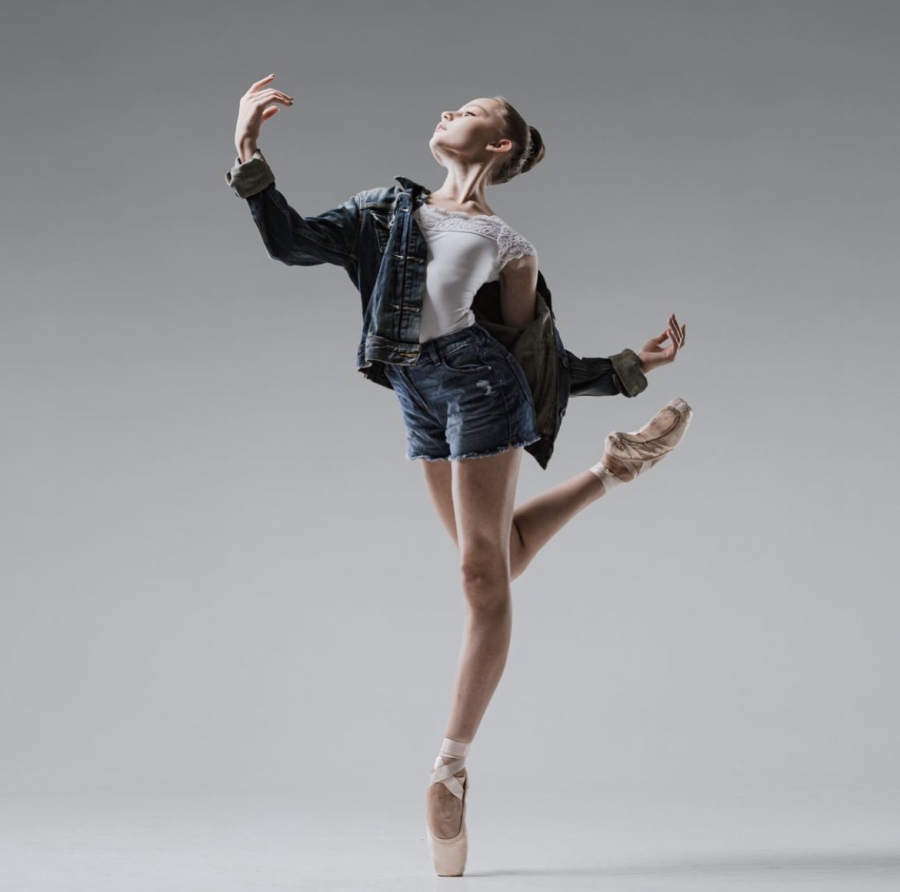- Afghanistan
- Åland Islands
- Albania
- Algeria
- American Samoa
- Andorra
- Angola
- Anguilla
- Antarctica
- Antigua and Barbuda
- Argentina
- Armenia
- Aruba
- Australia
- Austria
- Azerbaijan
- Bahamas
- Bahrain
- Bangladesh
- Barbados
- Belarus
- Belgium
- Belize
- Benin
- Bermuda
- Bhutan
- Bolivia
- Bonaire, Sint Eustatius, and Saba
- Bosnia and Herzegovina
- Botswana
- Bouvet Island
- Brazil
- British Indian Ocean Territory
- British Virgin Islands
- Brunei
- Bulgaria
- Burkina Faso
- Burundi
- Cambodia
- Cameroon
- Canada
- Cape Verde
- Cayman Islands
- Central African Republic
- Chad
- Chile
- China
- Christmas Island
- Cocos [Keeling] Islands
- Colombia
- Comoros
- Cook Islands
- Costa Rica
- Croatia
- Cuba
- Curaçao
- Cyprus
- Czech Republic
- Congo - Kinshasa
- Denmark
- Djibouti
- Dominica
- Dominican Republic
- Timor-Leste
- Ecuador
- Egypt
- El Salvador
- Equatorial Guinea
- Eritrea
- Estonia
- Ethiopia
- Falkland Islands
- Faroe Islands
- Fiji
- Finland
- France
- French Guiana
- French Polynesia
- French Southern Territories
- Gabon
- Gambia
- Georgia
- Germany
- Ghana
- Gibraltar
- Greece
- Greenland
- Grenada
- Guadeloupe
- Guam
- Guatemala
- Guernsey
- Guinea
- Guinea-Bissau
- Guyana
- Haiti
- Heard Island and McDonald Islands
- Honduras
- Hong Kong SAR China
- Hungary
- Iceland
- India
- Indonesia
- Iran
- Iraq
- Ireland
- Isle of Man
- Israel
- Italy
- Côte d’Ivoire
- Jamaica
- Japan
- Jersey
- Jordan
- Kazakhstan
- Kenya
- Kiribati
- Kosovo
- Kuwait
- Kyrgyzstan
- Laos
- Latvia
- Lebanon
- Lesotho
- Liberia
- Libya
- Liechtenstein
- Lithuania
- Luxembourg
- Macau SAR China
- Macedonia
- Madagascar
- Malawi
- Malaysia
- Maldives
- Mali
- Malta
- Marshall Islands
- Martinique
- Mauritania
- Mauritius
- Mayotte
- Mexico
- Micronesia
- Moldova
- Monaco
- Mongolia
- Montenegro
- Montserrat
- Morocco
- Mozambique
- Myanmar [Burma]
- Namibia
- Nauru
- Nepal
- Netherlands
- Netherlands Antilles
- New Caledonia
- New Zealand
- Nicaragua
- Niger
- Nigeria
- Niue
- Norfolk Island
- North Korea
- Northern Mariana Islands
- Norway
- Oman
- Pakistan
- Palau
- Palestinian Territories
- Panama
- Papua New Guinea
- Paraguay
- Peru
- Philippines
- Pitcairn Islands
- Poland
- Portugal
- Puerto Rico
- Qatar
- Congo - Brazzaville
- Réunion
- Romania
- Russia
- Rwanda
- Saint Barthélemy
- Saint Helena
- Saint Kitts and Nevis
- Saint Lucia
- Saint Martin
- Saint Pierre and Miquelon
- Saint Vincent and the Grenadines
- Samoa
- San Marino
- São Tomé and Príncipe
- Saudi Arabia
- Senegal
- Serbia
- Serbia and Montenegro
- Seychelles
- Sierra Leone
- Singapore
- Sint Maarten
- Slovakia
- Slovenia
- Solomon Islands
- Somalia
- South Africa
- South Georgia and the South Sandwich Islands
- South Korea
- South Sudan
- Spain
- Sri Lanka
- Sudan
- Suriname
- Svalbard and Jan Mayen
- Swaziland
- Sweden
- Switzerland
- Syria
- Taiwan
- Tajikistan
- Tanzania
- Thailand
- Togo
- Tokelau
- Tonga
- Trinidad and Tobago
- Tunisia
- Turkey
- Turkmenistan
- Turks and Caicos Islands
- Tuvalu
- U.S. Virgin Islands
- Uganda
- Ukraine
- United Arab Emirates
- United Kingdom
- United States
- U.S. Minor Outlying Islands
- Uruguay
- Uzbekistan
- Vanuatu
- Vatican City
- Venezuela
- Vietnam
- Wallis and Futuna
- Western Sahara
- Yemen
- Zambia
- Zimbabwe
How to Start a Career As a Dancer

How to Start a Career As a Dancer
You've most definitely seen Swan Lake, especially if you enjoy dance. You have the dance shows on TV set to record automatically, and replicating Michael Jackson's Moonwalk still makes you the star of the night. If all you want to do with your life is dance, a career in this fascinating sector might be for you.
1. How to Begin a Dance Career
Professional dancers execute choreographed movements. They may be seen in dance performances, Broadway productions, television shows, or films and plays. Dancers, like filmmakers, use actions in ballet, modern dance, tap, jazz, hip-hop, and other genres to tell stories and evoke emotion.
When pursuing a career in dance, keep in mind that professional dancers compete fiercely for a limited number of accessible possibilities. Another unavoidable aspect of being a professional dancer is the chance of being involved in an accident or being wounded, as a career in dance may be highly physically demanding and taxing. Hours can be extremely irregular, leading in long days of rehearsal followed by late performances, and seven-day workweeks are common. Traveling necessitates adaptation, and while it can be taxing at times, it can also be wonderful and exciting.
A professional dancer will do the following on any given day:
- Collaboration with choreographers and dance teachers is crucial while learning new routines or changing dance skills.
- Learn tough dance movements according to your area of skill or experience.
- Prepare for a performance by rehearsing for several hours or the whole day.
- Try out for a dancing part in a play or a position with a dance/ballet company.
- Learn new talents while honing old ones.
- Participate in promotional actions to raise awareness of a programme.
However, it is important to realise that no dancer has ever attained success only on the basis of their ability. Dancers are not just performers, but also athletes of the highest calibre. Natural talent, whether natural or learned, can only take you so far. Dancers, like anybody else who aspires to a career in a field crowded with others with similar ambitions, must work extremely hard, remain focused, and persevere. Professional stage performance is a privilege reserved for a select few who possess a variety of exceptional qualities such as athleticism, endurance, persistence, leadership ability, interpersonal skills, and inventiveness.
There are several paths to take in the world of dance. To name a few alternatives, you may envision yourself as an individual modern dancer, a dancer in a ballet company, or a member of a theatrical production. You may wish to choreograph or teach, or you may want to create your own private dancing school where you can teach the skill to other aspiring dancers. During the course of their career, a dancer may choose to work in dance therapy, stage management, or sets and costumes.
2. Improve Your Skills and Conditioning
Professional Development Can Assist You in Your Career Advancement
Most dancers begin their training at a young age, sometimes before puberty, and progress to a private dance or musical theatre school or a university with a dance department. It takes years to develop technique and physical strength, all of which are essential for a successful dancing career, so getting started early is vital. Formal training is available through academies and dance companies, as well as degree programmes at a college or university.
Although a degree is not necessary to become a professional dancer, training will allow students to explore a variety of dance genres or specialise on a certain discipline. A degree also gives students with the essential training and expertise, as well as the opportunity to dance with classmates and form mentoring relationships with instructors who are also professional dancers who understand the ins and outs of the industry. At the bachelor's university level, typical courses include choreographer, movement analysis, jazz, ballerina, contemporary dance, dance composition, tempo and dynamics, and dance culture.
Under the guidance of experts, students seeking a master's degree in fine arts with a specialty in dance can further their studies in dance theory and individual performance. A master's degree is useful for people who desire to study choreography or become dance instructors. Dancers may benefit from obtaining an advanced degree to fall back on if (and when) it becomes necessary, as a career in dance is physically demanding and may clash with family responsibilities.
Dance schools teach students in all aspects of the dance. People learn about the academic side of the dance industry by studying research techniques and theories, as well as cultural, social, and physical aspects of dance. These institutions frequently teach theatre, choreography, and composition, as well as the importance of dance in many different cultures.
A dancer's life demands a lot of everyday exercise and stamina. In fact, a professional dancer may rehearse for 8 hours or more every day. Dancers have one of the highest rates of on-the-job injuries, according to statistics. Furthermore, dancers face severe competition (in all disciplines of dance), and only the most dedicated are able to maintain constant work.
3. Gain Experience and Continue Your Education
According to the Bureau of Labor Statistics, the average hourly wage for professional dancers in all professions of dance was £18.68 in May 2019. Dancers in their early stages may earn as low as £8.00 per hour, thus many may work on cruise ships or in amusement parks. The top 10% of dancers make somewhat more than £33.00 per hour and usually work full-time in a dance organisation.
Professional dancers' schedules vary depending on whether or not they are preparing for a performance. A dancer will spend the most of the day rehearsing for a night performance during these periods. When a dancer performs in another nation, they may spend several hours travelling and then rehearsing on the same day.
That being stated, dancers do not dance to get wealthy or for the sake of simplicity. They dance because they have nothing else to do and it is their actual love. Without a doubt, it is a job that demands hard work and passion. Dancers dance for a number of purposes, including enjoyment. Some people find it challenging; others enjoy it since it is never boring and allows them to always develop. Furthermore, there is no such thing as a beautifully executed dance motion. There's always the chance of a better plie or split leap. Some people like performing, while others dance for the sake of attracting attention.

 by Admin
by Admin


